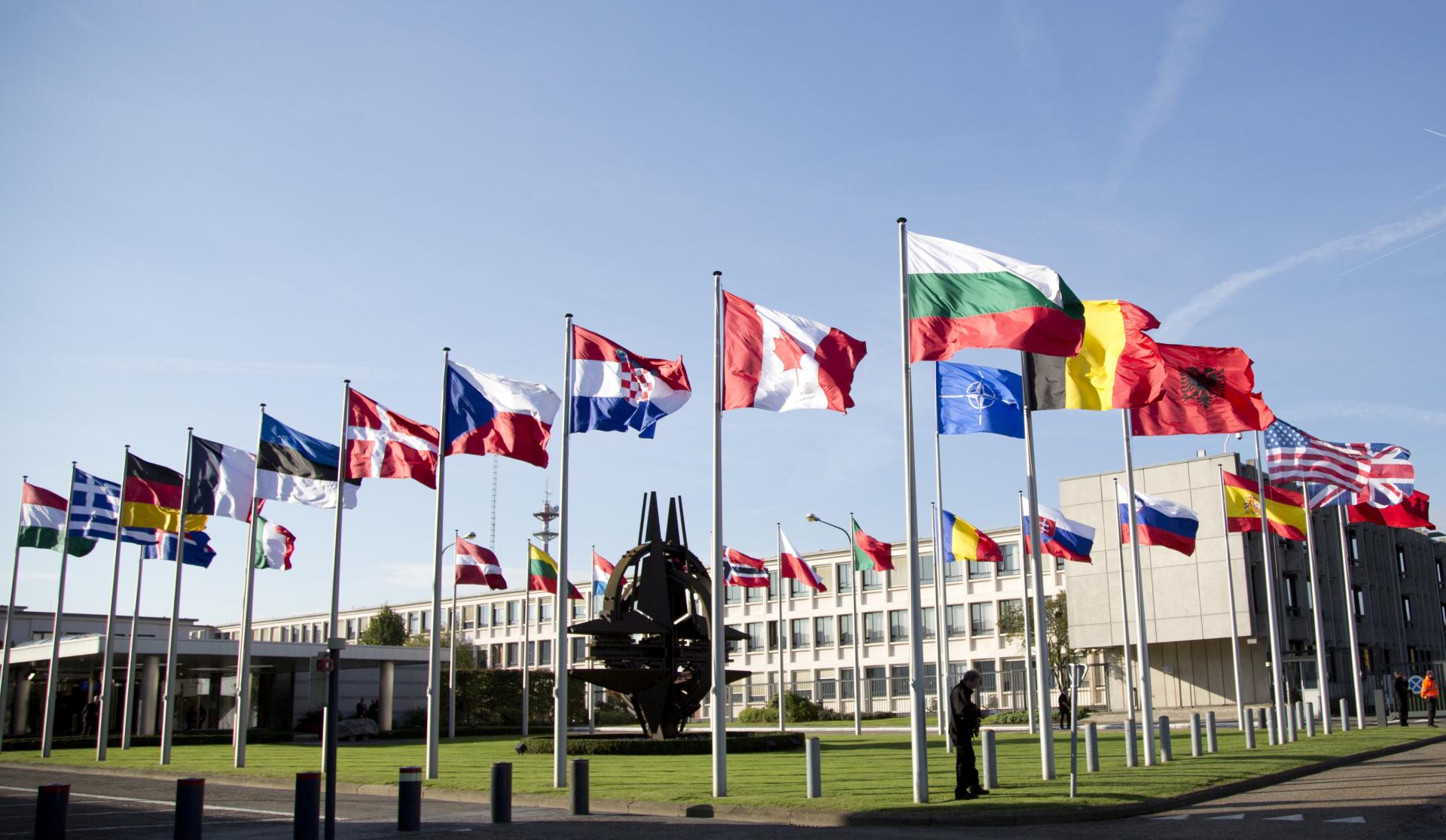Chancellor Angela Merkel said Friday that Germany was considering sending troops to Lithuania as part of a NATO mission to reinforce the alliance’s eastern flank with Russia.
However Merkel stressed that any deployment should aim to avoid inflaming tensions with Moscow.
“We are currently reviewing how we can continue our engagement and perhaps even bolster it… in order to ensure the security of all (NATO) states, particularly in the east,” she said.
Merkel was speaking to reporters after talks with Latvian Prime Minister Maris Kucinskis, and after her spokesman confirmed media reports that Berlin was considering a deployment to Lithuania.
“However I personally always stress that it is very important to us that we act within the framework of the NATO-Russia act,” a 1997 agreement on post-Cold War relations.
It notably bans the permanent stationing of significant forces and equipment in former Warsaw Pact states.
Poland in particular has recently pressed NATO to establish “as permanent as possible” a presence in the former communist states once ruled from Moscow to counter a growing threat from Russia after its intervention in Ukraine.
Russia blames NATO for increasing the risk of conflict by building up its troops in eastern Europe.
The NATO-Russia Council, which has been on ice since the alliance cut practical ties with Moscow to protest the annexation of Crimea, met last week in Brussels but parted in acrimony over Ukraine and other issues.
Media reports said that the German military could take command of a force in Lithuania, one of Russia’s border states, with a deployment of 150 to 250 German soldiers as well as troops from other member states.
German soldiers have already participated in NATO training missions in the Baltic states, but such a deployment would mark a significant expansion of its presence in the region.
Lithuanian Defence Minister Juozas Olekas welcomed the German proposal as “a firm step on the way of solidarity which enhances our common security”.
Russia’s takeover of the Crimean peninsula in early 2014 sparked fears NATO was too slow and unwieldy to meet the challenge posed by a more assertive Moscow.
Since the Ukraine conflict, NATO has established a high-speed response force complete with forward command and logistic centres in its eastern members so it can deploy much more rapidly.
Poland will host a NATO summit in July when these changes and other proposals will be formally concluded.










